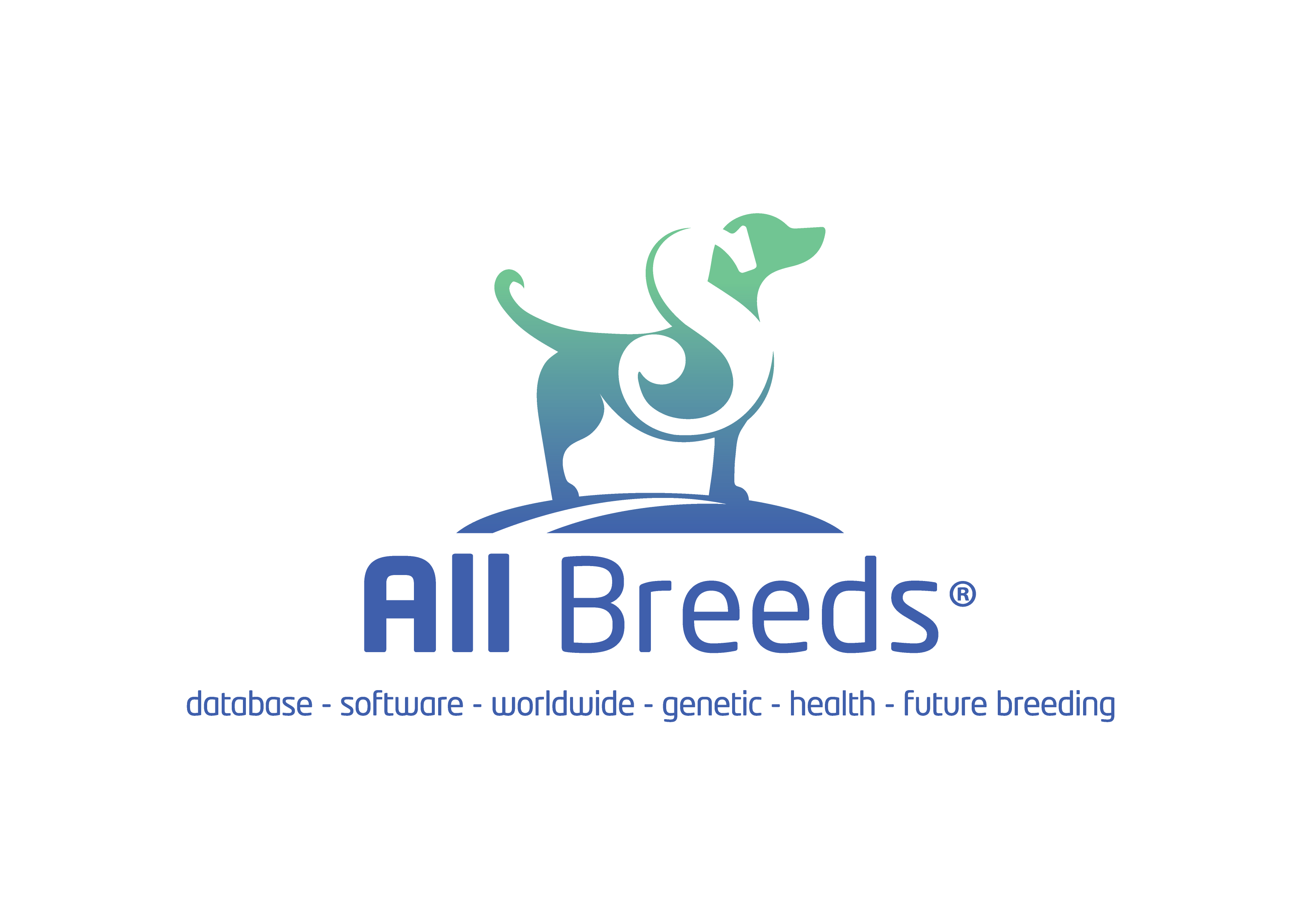Identity by Descent (IBD) and Identity by State (IBS) are important concepts in genetics and genomics, and they also play a crucial role in studying the genetics of dogs.
Identity by Descent (IBD):
IBD refers to the genetic similarity between two individuals due to a common ancestor. In other words, it represents the portions of the DNA that two individuals share because they inherited it from a common ancestor. In the context of dogs, IBD is used to understand the relatedness between different breeds, individual dogs within a breed, or even between dogs from different breeds. It helps researchers trace the inheritance of specific genetic traits and diseases.
Identity by State (IBS):
On the other hand, IBS refers to the genetic similarity between two individuals at specific loci in their DNA sequence. Unlike IBD, IBS does not necessarily imply a common ancestor. Instead, it reflects the coincidence of having the same genetic variant at a particular genomic position. IBS is used to quantify the genetic similarity between dogs or breeds based on specific genetic markers.
In dogs, IBS can be used in various applications:
- Breed Classification: By comparing the genetic markers (IBS) of different dog breeds, scientists can classify and understand the relationships between breeds. This information can be valuable for breeders, veterinarians, and researchers studying breed-specific traits and diseases.
- Pedigree Analysis: IBD can help trace the ancestry of individual dogs, allowing breeders to make informed decisions to reduce the risk of inherited diseases and improve breed health.
- Genetic Diversity: IBS analysis can provide insights into the genetic diversity within a breed or population, helping to identify areas where genetic diversity might be lacking, which is important for maintaining the overall health of the breed.
- Inherited Disease Research: Researchers use IBD analysis to identify the genetic basis of inherited diseases in dogs. By comparing affected and unaffected dogs, they can pinpoint regions of the genome associated with specific diseases, aiding in the development of genetic tests and potential treatments.
Both IBD and IBS are essential tools in the field of canine genetics. They enable scientists and breeders to better understand the genetic makeup of dogs, their relatedness to one another, and the inheritance of traits and diseases. This knowledge is invaluable for responsible breeding practices, disease management, and the overall well-being of our canine companions.


